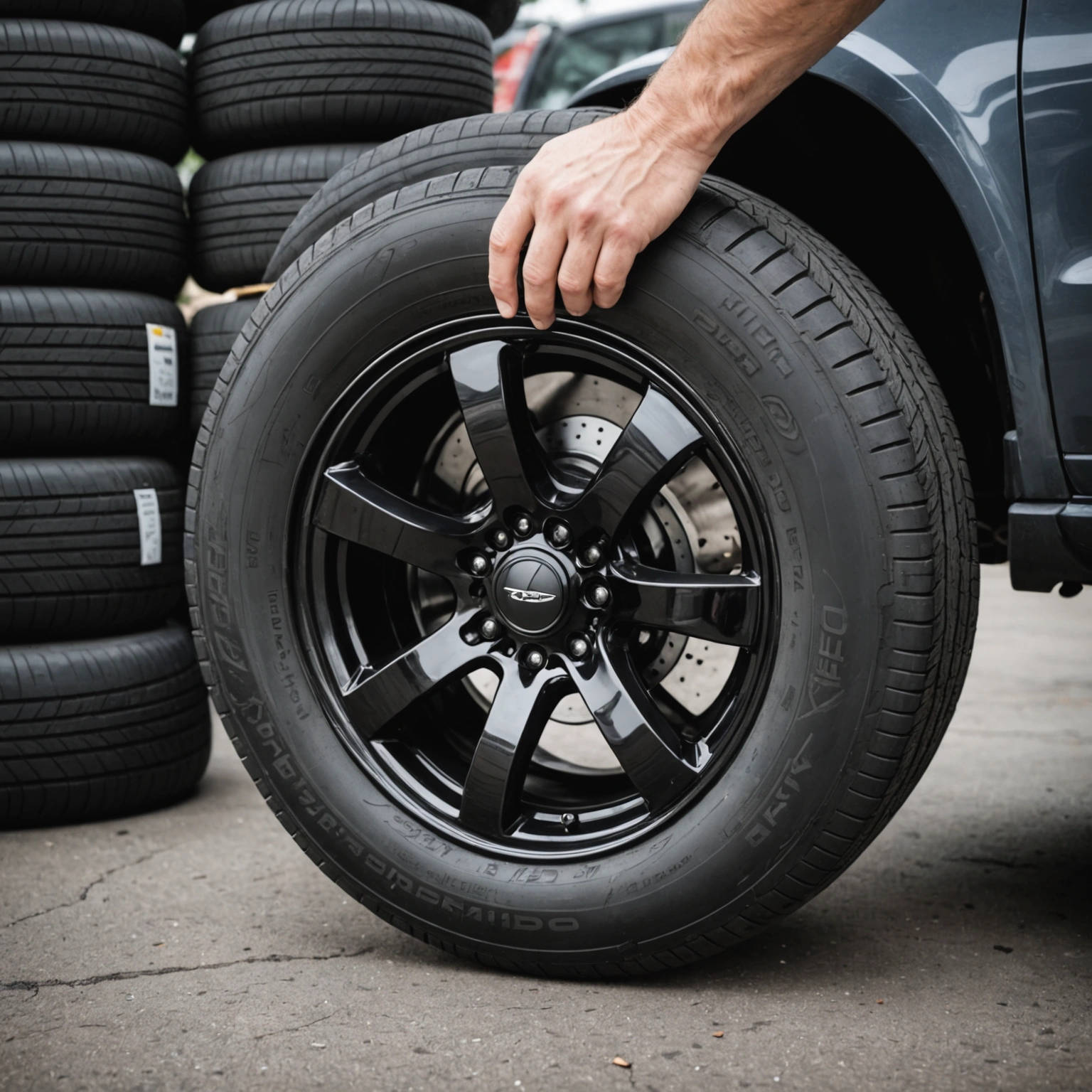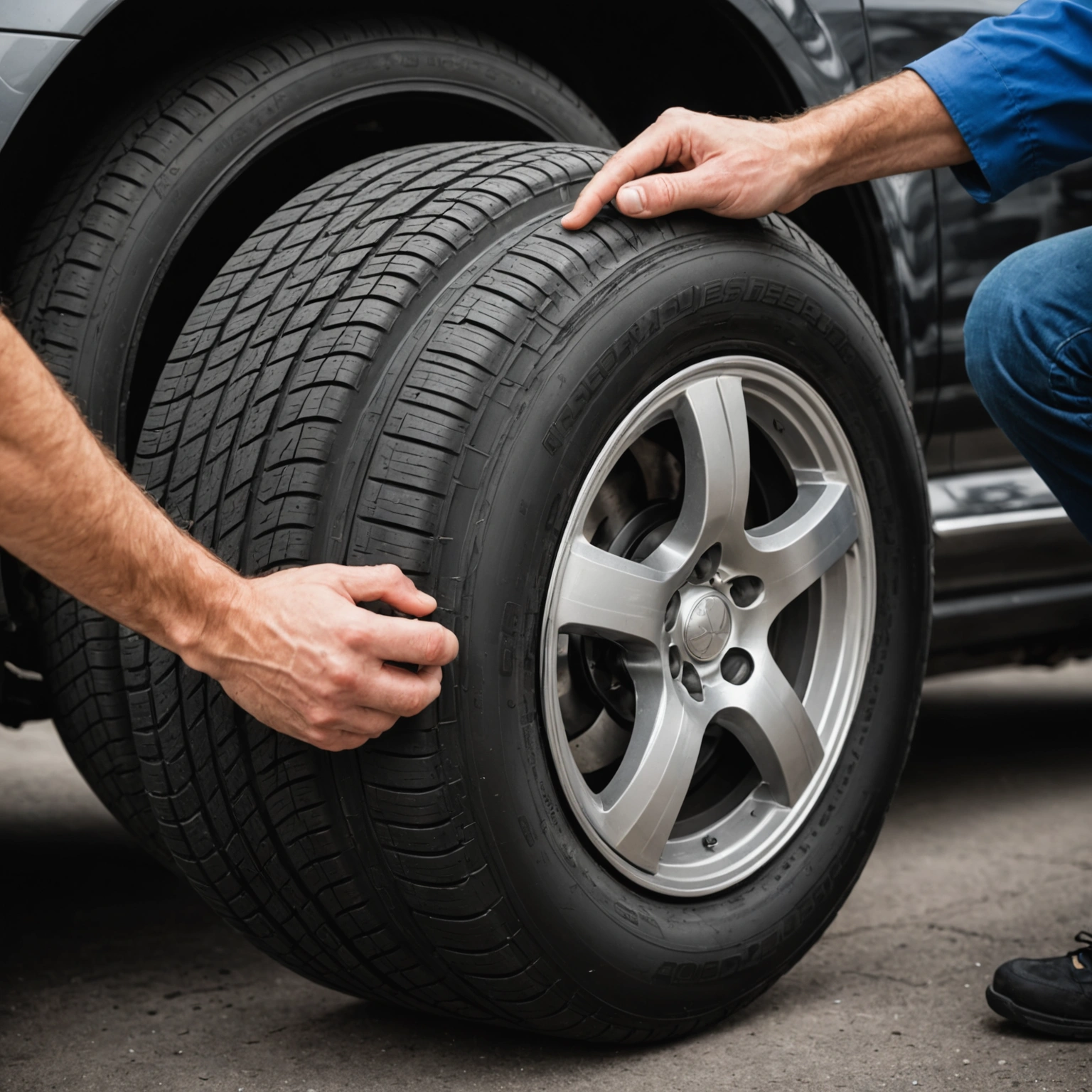**Are Tires Covered Under Warranty? What You Need to Know**
When investing in a new set of tires, many drivers wonder: *Are tires covered under warranty?* Understanding the scope of tire warranties can help you make informed decisions, protect your investment, and address potential issues effectively.

### What Is a Tire Warranty?
A tire warranty is a guarantee provided by the manufacturer or dealer that promises certain protections against defects, premature wear, or other issues related to the tire’s quality and performance. Warranties vary by brand, model, and retailer, so it’s important to review the specific terms associated with your tires.

### Types of Tire Warranties
Most tire warranties can be broadly categorized into two types:

1. **Prorated Warranties**
These warranties offer partial refunds or replacements based on the remaining tread depth when the tire becomes unusable due to manufacturing defects or certain conditions. The amount of coverage decreases over time or with increased wear.

2. **Uniform Tire Quality Grading (UTQG) and Road Hazard Warranties**
– **UTQG ratings** provide information about treadwear, traction, and temperature resistance but do not constitute a warranty.
– **Road hazard warranties** are optional add-ons that cover damage from potholes, nails, or other road debris, which are not usually covered under standard warranties.
### Are Tires Covered for Common Issues?
**Manufacturing Defects:**
Yes. Tires are typically covered for defects in workmanship or materials that become apparent within the warranty period. This includes issues like sidewall bulges, tread separation, or other manufacturing flaws.
**Premature Tread Wear:**
Many warranties cover a certain amount of treadwear, often measured in miles (e.g., 40,000 or 60,000 miles). If your tires wear out prematurely due to manufacturing defects, they may be eligible for replacement or repair.
**Road Damage and Punctures:**
Standard warranties **do not** cover damage caused by road hazards, such as punctures, cuts, or impact damage from potholes. To safeguard against these, many drivers opt for **road hazard warranties** or tire protection plans.
### What’s Typically *Not* Covered?
– Damage from improper inflation, misalignment, or suspension issues
– Damage caused by accidents or vandalism
– Normal wear and tear beyond the warranty period
– Cosmetic damage that does not affect performance
### How to Maximize Your Tire Warranty Benefits
– **Keep Records:** Save receipts, maintenance records, and documentation of any issues.
– **Regular Inspections:** Check your tires regularly for signs of uneven wear, damage, or other problems.
– **Follow Manufacturer Guidelines:** Maintain proper tire pressure, rotation, and alignment as recommended.
– **Understand Your Warranty:** Read the warranty booklet or terms provided at purchase to know what is covered and the claim process.
### Final Thoughts
Tires are generally covered under warranty for defects in materials and workmanship, but coverage does not extend to everyday damage or wear. To ensure you’re protected, consider purchasing additional road hazard coverage, especially if you frequently drive on rough roads or in challenging conditions.
Always review the specific warranty details provided by your tire manufacturer or retailer. If you suspect a defect or issue covered under warranty, contact your dealer or the manufacturer promptly to explore options for repair or replacement.
**Stay safe on the road and make sure your tires are always in top condition!**

